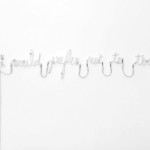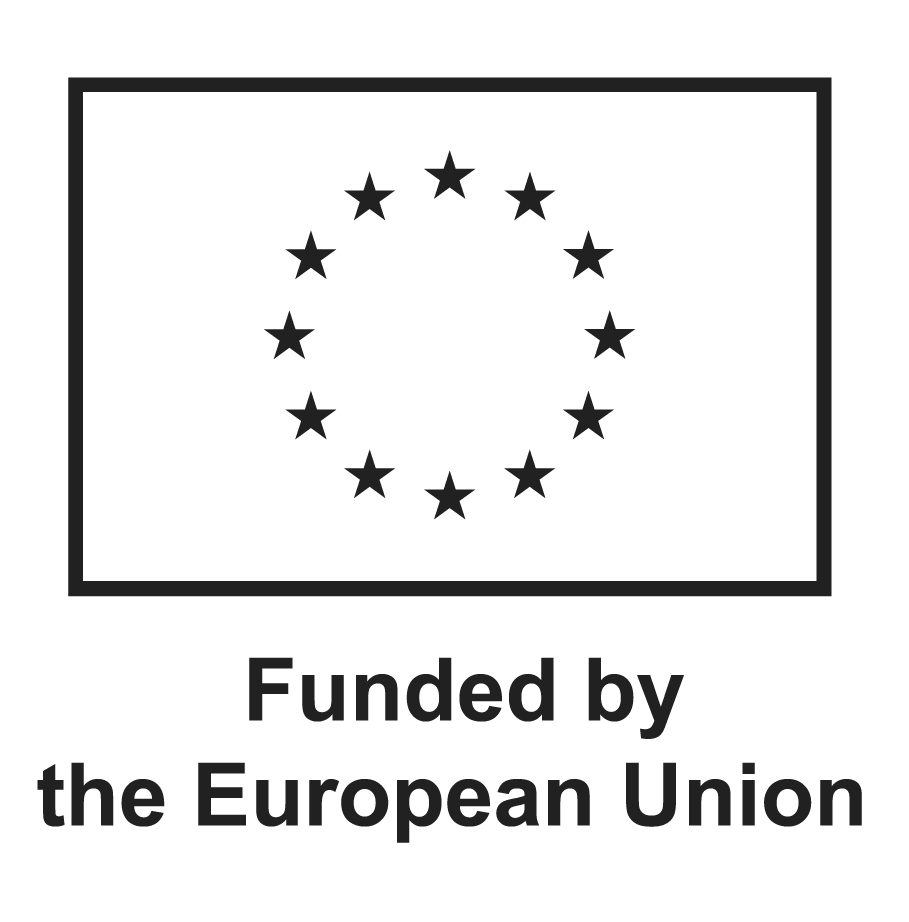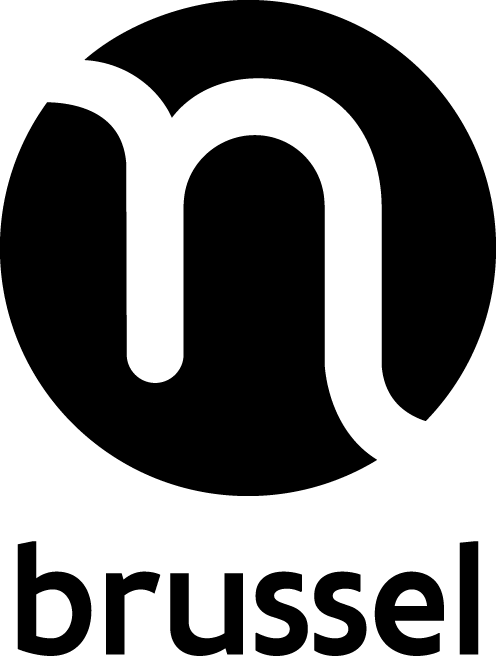

Bartleby is a visual/sound/speech performance freely inspired by the famous namesake book by Herman Melville.
The short novel is narrated by an elderly lawyer who relates the story of the strangest man he has ever known: Bartleby, a scrivener that he hired and who, little by little, started to change his world.
At first, Bartleby produces a large volume of work. But one day, when asked to help proofread a document, Bartleby answers with what soon becomes his perpetual response to every request: « I would prefer not to. » From that moment on Bartleby starts to perform fewer and fewer tasks, until eventually stopping doing anything aside from occupying his place in the office.
We want to start from this simple story set at the middle of the 19th century in a basement office in New York, in order to investigate the deep significance of the main charachter’s gesture and to find a way to translate its meanings and consequences into a sound performance.
Muta Imago – Bartleby
direction: Claudia Sorace
sound and words: Riccardo Fazi
music: V. L. Wildpanner
video: Maria Elena Fusacchia
stop-motion and lettering: Marzia Dalfini
On stage there will be two performers/producers of sound. They stand one in front of each other, each one behind a table, each one surrounded by microphones. On the tables and around them, numerous objects wait to be used. All the elements look exactly what they’re like: wooden shelves, sheets of paper, pens, pencils, ink, a window with its rolling shutter, they all present themselves as they are, without alternatives. Everything is miked. Everything produces sound as long as it is touched. The stage looks like a radio station, but also as an office. Between the performers, a suspended screen, a window, which is there only to mark the time as it passes.
The two performers start to use the objects. They begin a dialogue made of realistic, amplified sound. They seems to produce a score for an imaginary radio-drama. One of them starts to beat with his fingers on a table. The other responds by shaking a leaf of paper in front of his face. The leather heel of a shoe hits the ground twice. A pencil scratches on a paper, stopped by a violent cough. Some words, muttered on the interphone. Cadences, accents, rithmic verbal processes, timbres. The language used will be english.
This is how it might starts. The pièce could almost be seen with closed eyes. But after a while, something unexpected starts to happen. One of the two performers will begin to change the world, while the other will fiercely try to mantain control on reality.
A different sound reality might start to emerge from this field of perfect contingency: the objects’ sounds start to transform themselves, the language gets more and more broken, another world of possibilities breaks open in front of the ears of the spectators.
We want to start from a realistic and coherent language situation in order to gradually create holes in the performance: holes as moments in which the surface of Reality melts or breaks for a while, in this way showing the perfect contingency of countless contradictory possible realities existing in the materials on stage. What does it mean to create a hole in the surface of reality in sound terms? How this will transform the words and sentences taken from Melville’s book?
Bartleby is not a man who’s in line with his times. At a certain point of his life, he suddenly decides that he will not adapt anymore himself to the requests his society is posing him. He stops to be adherent. He starts to create little sacks of resistance against a linear, unstoppable, productive mode of being.
Mainly, by a revolution in language. Using a formula, and repeating it over and over. A simple formula that uses the conditional (the time of the possibility) to start slowly subverting the world.
We want to translate this human fight into a sound score, completely created and performed live by two performers/musicians on stage. Complexity vs reduction. Partiality vs fullness. Reality vs utopy.
How to return on stage this growing dualism? What does it mean to translate into music this fight, this revolution made by language? How to stage and perform this insurrection made of slowness, withdrawal, exhaustion which confronts itself with a world built on energy, power and production?
Of course, silence would look like the simpliest of the answers. How to fight the cacophony of our contemporary world, if not with silence. But silence is the non-existence of sound. And Bartleby does not stage a mere non-existence. He’s not someone who goes away, who decides to leave society and disappear: he remains present in his place, and by remaining present, he offers and alternative. He stays. But in a different way. In musical terms, his gesture might be compared to what the ground noise is to our ears, a « bruit de fond » as the philosopher Michel Serres describes it: « Le bruit de fond est peut-être le fond de l’ être. Il ne cesse jamais, il est illimité, il est continuel, perpétuel, inaltérable. Combien fait-il faire de bruit pour imposer silence au bruit? » Or maybe it’s repetition that we have to investigate: repetition as starting point to create alternative, like in Pierre Bastien’s performances? Refraining as starting point for a critical and creative moment? This are only few of the questions we’re starting to pose ourselves at the beginning of this journey of research.
Bartleby will premiere in July 2016.
It will be performed by Riccardo Fazi, dramaturg and sound designer and Lukas Wildpanner, musician and composer. The video work will be made by artist Maria Elena Fusacchia. The graphic designer Marzia Dalfini will take care of the animations and the words. Everyone will perform under the glance of director Claudia Sorace. At Q-O2 we’ll move the first steps of the work, focusing in particular on the drawing of the video and sound dramaturgy of the performance.

 Sebastian Dingens - WALKS
Sebastian Dingens - WALKS

 Pavel Tchikov 29/11/23
Pavel Tchikov 29/11/23

 Nika Son - Scatter
Nika Son - Scatter


